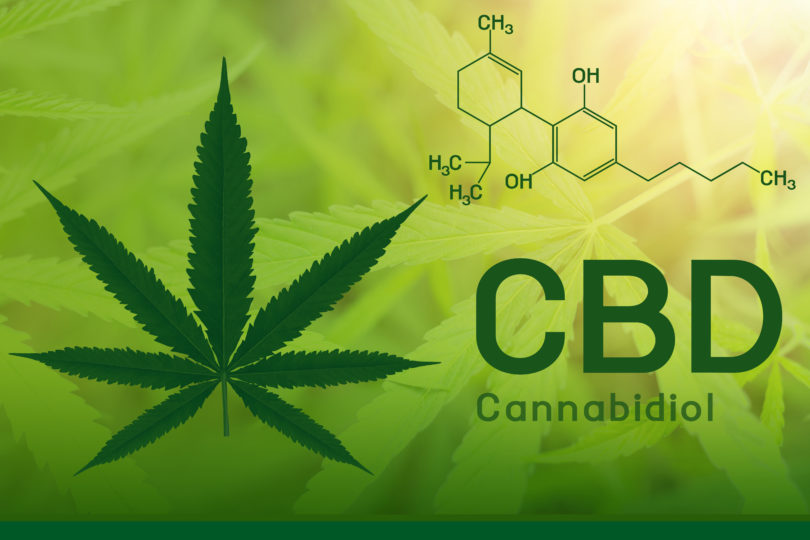Why is it that when it comes to drugs and herbal supplements, they’re almost always talked about in terms of “how high” and not “how low”?
I don’t mean to bombard you with questions but I’ve often wondered why it’s always about how high something will make you feel and not how low. For people who suffer from anxiety on a constant basis, the word ‘high’ can have a totally different connotation and not necessarily a positive one. When it comes to CBD and THC, feeling “high” can have completely different meanings.
Many people who don’t have anxiety disorders love the high sensation they feel after taking cannabis, especially the more THC-heavy strains. They report a feeling of euphoria and creativity, as their minds spiral into ever-increasing circles and their perception of things is altered. That may sound nice and fluffy to some but for anxiety sufferers that could be a complete nightmare.
The last thing an anxiety sufferer wants is to overthink. Overthinking is the real enemy for a person who deals with anxiety regularly, and they will often do anything to avoid it. While THC-heavy cannabis can lead to anxiety for some – as well as panic attacks for others – CBD has the opposite effect and has been shown to even counteract the anxiety causing effects of the THC that affects some users.
Many people are turning to CBD products instead of heavy THC-dominant ones
That’s the reason why so many people are turning to CBD Flowers, Vape Juice and CBD Edibles to help deal with their anxiety. These people don’t want to feel “low” exactly, but they do want to feel the calming, medicinal, and relaxing effects that CBD offers. If low means not overthinking and being able to fall asleep soundly for the night then so be it; that will have to do. Besides, what goes up must come down, and a “high” is always followed by a “low” usually in precise measure.
One study carried out by Fusar-Poli in 2008, which looked at the effects of THC vs. CBD found that “Delta9-Tetrahydrocannabinol (THC) and CBD had clearly distinct effects on the neural, electrodermal, and symptomatic response to fearful faces. The effects of CBD on activation in limbic and paralimbic regions may contribute to its ability to reduce autonomic arousal and subjective anxiety, whereas the anxiogenic effects of Delta9-THC may be related to effects in other brain regions.”
This essentially means that while THC could cause anxiety and paranoia in some, CBD has the opposite effect. This makes CBD an ideal choice for people wanting to relax and unwind after a hard day and, most importantly, get a good night’s sleep.
For many new users, CBD takes a while to kick in. People often expect a melatonin type drowsy feeling but are nicely surprised when that sensation is replaced by a general sense of calm and wellbeing. The mind stops racing, the muscles and limbs relax, and it’s time for a hot drink and some Netflix. Many people who use CBD claim there’s no high or feeling that the CBD is “kicking-in,” more just a natural and seamless transition from slightly stressed and edgy to relaxed and chilled.
While some claim that CBD helps them to focus more at work, that could all be to do with how it regulates daily functions in humans such as mood, appetite and stress levels. A day at work is bound to be a lot better if you got a sound night’s sleep and have eaten properly before you got to the office. For some, CBD helps to put the blinders on and to block out annoying external distractions. CBD leads to clarity of mind for some and a general state of less anxiety.
For those interested in trying CBD, there’s a wide range of products available depending on your specific needs and preferred delivery method. Always make sure you do your due diligence to make sure you only purchase CBD products from reputable vendors.
For more information on CBD, make sure to subscribe to our Weekly Newsletter, the top source for all things cannabis-related.
